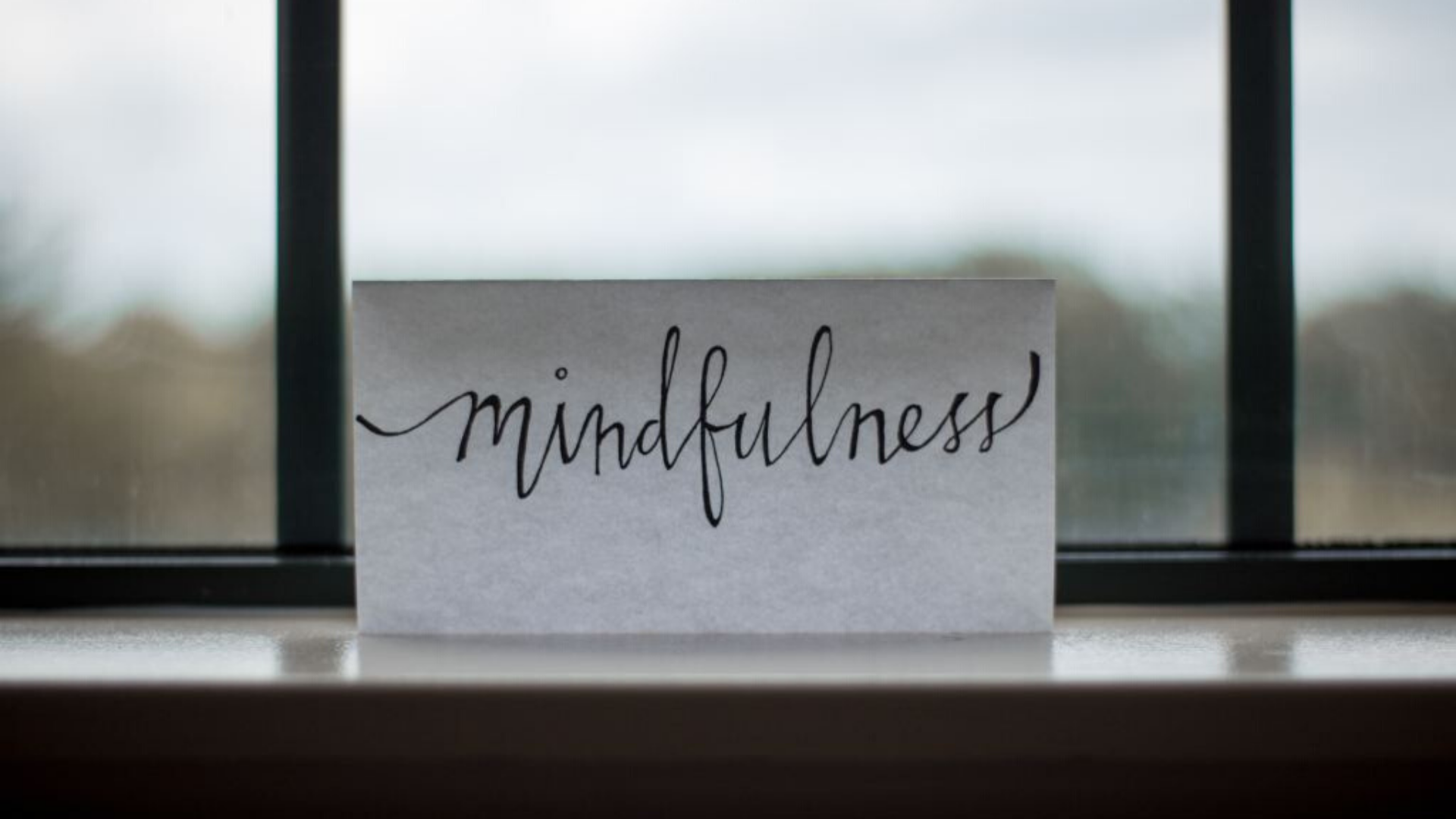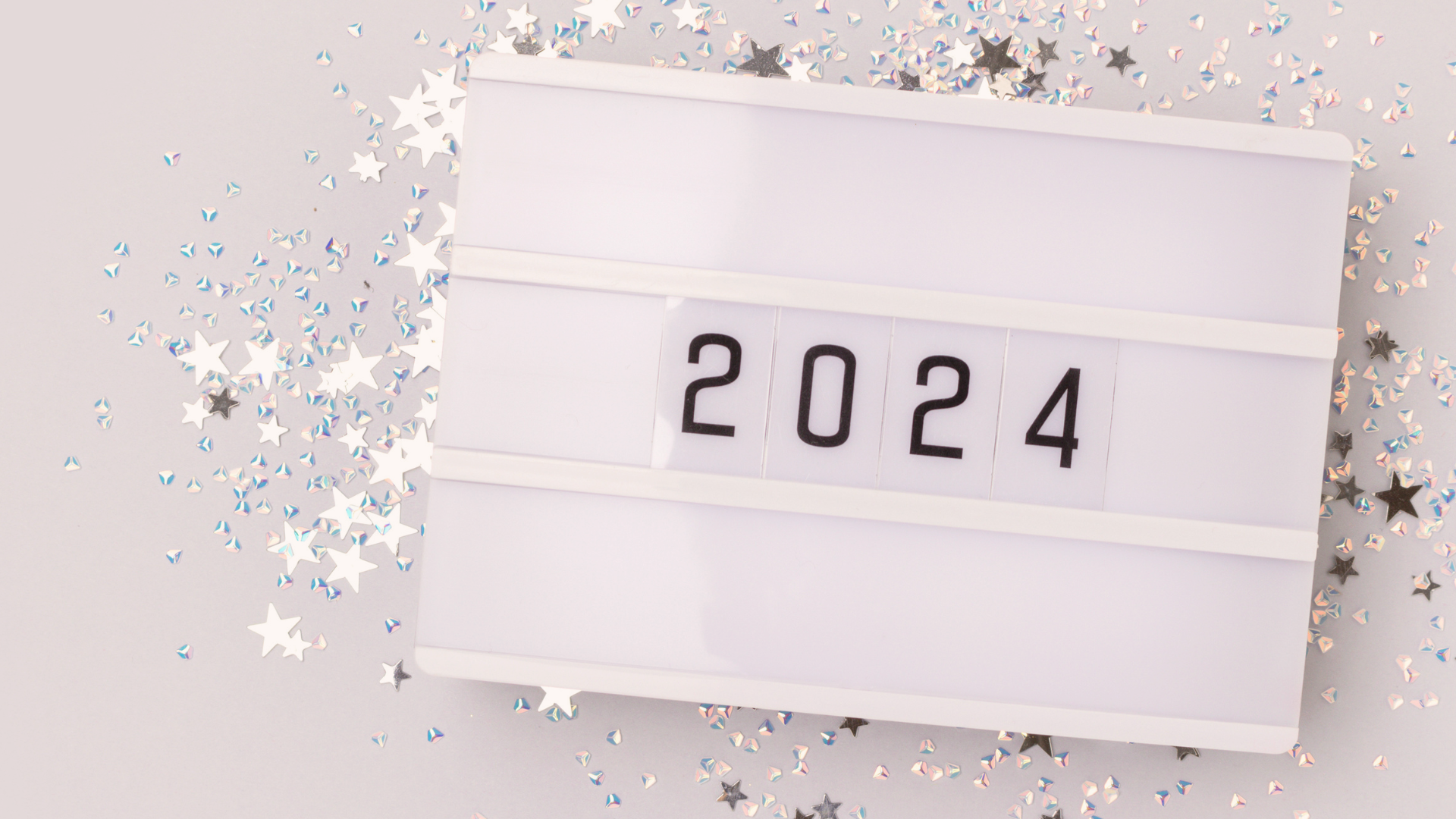Ask an Expert: Deal with stress using mindfulness
Hello mamas!
This time around during ‘Ask an Expert’, we get to ask all we would love to know about dealing with stress to the sweet Catherine Galea.
Catherine is an empowerment coach & mindfulness trainer. She is an expert at how to tackle life to not only be capable of fighting stress when it rears it’s ugly head, but to be in a mindset of not letting it affect you as negatively in the first place.
So, let’s get started! Read on to discover the answers to the questions you wanted to ask.
1. What is mindfulness?
Mindfulness is a very simple but very powerful practice. I would dare to say its a life changer. To quote Jon Kabat Zinn “Mindfulness means paying attention in a particular way; on purpose, in the present moment, and non-judgmentally.”
Mindfulness is about being awake to life, paying your full attention to what is happening in the moment, to what you are doing, to your surroundings, being present to the moment, to yourself and to others around you. Mindfulness is the basic inherent human ability to be fully present, aware of where we are and what we are doing, and not overly reactive or overwhelmed by what’s going on around us. And by not being overly reactive or overwhelmed we are in a state of balance. With practice, mindfulness becomes a way of life.
Mindfulness gives us the ability to navigate the ups and downs of life, the relationship with ourselves and with other people. I like quoting so here comes another one that I really like
“Mindfulness shows us what is happening in our bodies, our emotions, our minds, and in the world. Through mindfulness, we avoid harming ourselves and others.” (Thich Nhat Hanh)
2. Is mindfulness for everyone? What if I am an impatient person who tends to have a short attention span?
Definitely, mindfulness can be for everyone. We are born ‘mindful’ beings. Observe young children, they are fully present to their surroundings and they really focus on the task in hand. Anyone can benefit from mindfulness, it is not related to any religious practice and you do not need to change any of your beliefs.
I am smiling, whilst answering your question relating to impatience. I can be quite impatient myself, but with the practice of mindfulness I have learnt to be more patient. Instead of huffing and puffing whilst in a queue, I take a few mindful breaths and that really helps me. By learning to pay attention, we are also improving our attention span and the ability to focus more. Obviously, this needs regular practice and time.
3. How can mindfulness help us deal with stress?
There is actually scientific evidence from many universities, including the University of Oxford in the UK that supports this. The evidence strongly suggests that mindfulness not only reduces stress but builds inner strength (resilience) so that future stressors have less impact on our happiness levels and well being. These are a few practical examples of how mindfulness can help us with stress:
- Through mindfulness you become more aware of your thoughts. By becoming aware of your thoughts, you can step back and see them from different standpoint, hence your reaction to your thoughts is different.
- Mindfulness gives you a space; a space to reflect so instead of reacting you respond to a situation. Its like you become wiser. When we react we are putting additional stress on to our system. But when we respond, we are keeping ourselves cool, calm and collected.
- An important aspect of mindfulness is that it puts us in a space of ‘being’ rather than busy ‘doing’. When we are simply ‘doing’ all the time, we are not giving time for our body and mind to relax, to just be, and that in the long term is a stressor that can also lead to burnout.
- You become more aware of what’s happening in your body and more sensitive to what your body needs. For example, through the practice of breathing exercises, you might start to notice certain pain in a part of your body and will be able to check out what it is.
- Mindfulness reduces the activity in the part of the brain called ‘amygdala’; which is the fight, flight or freeze response. It is the switch to your stress response.
4. What is the upside to stress, and how can we use it to our advantage?
Stress has its positive effects and some stress is needed to stimulate and energise us and to get us moving. Mindfulness can help us to have a different attitude in the way we think about stress and even worries and concerns. This is because mindfulness gives you the space to think and reflect about stress itself.
If we look positively at stress, a healthy level of stress can help us to achieve goals, take action and solve problems. It gives us a fair amount of energy and motivation. It can also help us to be assertive and make sure that our rights are preserved.
5. Burnout. What is it, how do you realise you’ve reached it, and how to remedy it?
Burnout is basically chronic stress. I personally believe that if we are always in the state of ‘doing’ without any ‘being’ time or self-care, we are risking burnout.
The dangers with burnout is that you are so ‘lost’ in the stressors of life that you don’t even realise you have reached that state. There are obviously signs of burnout such as physical and emotional exhaustion, a negative attitude and lack of interest in life in general. One also has feelings of hopelessness, and a lack of performance and productivity.
How to remedy it? Mindfulness can help us prevent it since it keeps stress levels down, and also keeps us fully aware of our physical, mental and emotional needs. Having a self-care routine, indulging in a hobby, anything at all that nourishes our mind, body and spirit will definitely help in preventing burnouts. Look for activities that give you a feeling of ‘joie de vivre’.
6. Keeping in mind that we are very busy mamas, how can we start to incorporate mindfulness into our daily routine?
I know it is very challenging as busy mamas to find time for ourselves. This is so important however, as lack of self-care over a long period of time has so many negative consequences.
I can speak from personal experience. Despite being very much aware of myself, my needs and my own space, having a baby still resulted in caring less for myself, and over time I noticed how I have changed. My sense of joy started to vanish, and I became more irritable and impatient, and easily angered. It was a decision I made to incorporate more me time, which included mindfulness. It took self discipline but it changed my life to the better, and I became more connected to myself, to life in general.
Mindfulness can be the difference that makes a difference. Therefore, dedicating some time for it each day will help us be more efficient and effective in the busy lives we lead. It is essential that we do allocate some time for what is known as the ‘formal’ practice. This is usually listening to a guided mindfulness practice that most of the time focuses on.
The good news is that with time mindfulness becomes a way of life and a helpful habit. We can include mindfulness in our daily activities, in the way we do things. I like having a mindful shower for example. We can brush our teeth mindfully and eat mindfully. Mindful eating can also help us to have a better relationship with food and maintain a healthy weight. You can be more mindful by being more present for your children, your partner and your work colleagues.
7. What are some specific mindfulness exercises that can help us deal with days when tension levels are running high?
The ‘formal’ practice I have just mentioned is what I recommend. Specifically, I would suggest a particular guided exercise, which we refer to as the breathing space. It is a 3 minute breathing exercise that brings awareness to our thoughts, emotions and physical sensations and creates a space so that we can reset ourselves and hopefully feel calmer and face our challenges. It’s a good one to practice during the course of the day.
A very quick remedy is to reconnect with your breathing. Taking 3 deep breaths can make a difference.
8. Stress is a sleep killer! Why do we sometimes go to sleep and in the morning feel like we never got to sleep anyway? Is there anything we can do about this?
When stress is affecting our sleep like this, it’s a red light warning.
We really need to do something as it is an indicator that this could lead to burnout. We need to release that stress in some form or another. I do recommend mindfulness but we all need to find what works for us in releasing stress. For example, I also practice yoga, enjoy dancing, walking, swimming, and being connected with nature. And, sometimes we also need to have a good look at our life, and find what is stressing out and eliminate it through a change of lifestyle, goal setting, letting go, decluttering, time management and having a look at our belief systems. We might need help from others and that is fine too.
9. When stress turns into anxiety, sleep is often affected. I have, and I know plenty of mamas who have too, passed from periods of not being able to fall sleep. The problem is that once it happens once or twice, it becomes a vicious circle! The mere thought of ‘I’m probably not going to go to sleep’ actually makes it true! Do you have any techniques to break this?
I can relate to this too! We all need to have a ‘tool box’ that helps break these negative cycles and the anxiety related to sleep.
A mindfulness guided practice before we sleep can help us relax, it does not need to be long, a mere 10 mins make a difference. I also practice ‘Emotional Freedom Technique’ (EFT) also known as tapping. I am not going to go into great detail as it is not the scope for today. Just to give you a little bit of insight through ‘tapping’ on the thought of ‘I am not going to sleep’ we are releasing that negative belief and thought, and it will help us to fall asleep.
To help you understand the benefits better I will share a particular personal experience. I had a night last week where I could not sleep. I did some mindful breathing and tapping, and at first thought it was not working. Suddenly there was a shift. Instead of worrying about so many things, I came to terms with how blessed I am to have such an amazing family and I felt thankful. After a few minutes I fell asleep.
I also ask you all to become aware of your blessings, what do we have to be thankful for? Gratitude shifts the way we feel, it makes us feel more happy and creates a positive mental state.
10. What is the one piece of mindfulness-related advice you feel you should offer to busy mamas under a good amount of stress?
No matter how busy you are, make sure that you include a routine of self-care. It is essential for your physical, emotional and mental wellbeing. No matter how your busy your schedule is make self-care a priority. Switch off your busy ‘doing’ mode to ‘being’ mode; and just do nothing for a few minutes every day. I guarantee you will see a difference!
Great stuff Catherine! I am honestly intrigued to learn more about the subject! Thank you!
Before we end this interview, I would like to share a 3 minute guided breathing exercise which Catherine has very kindly prepared for us. As Catherine has recommended, it is a great exercise to practice on days with a high tension level.
A short note from Catherine before you begin. “There is no wrong or right way to feel during the exercise. It might be relaxing for some of you, but be aware that for others, it might be uncomfortable or boring. You might feel impatient. This is especially true if you are just dipping your toes and exploring mindfulness. It is normal to feel this way as the mind is not used to this practice and might even resist it in the beginning.”
You can find more information about Catherine and her services by visiting her Facebook page.
Here’s a little bio on Catherine Galea

Catherine is an Accredited Mindfulness Practitioner and a Trainer of Mindfulness (accreditation in progress). She has practiced various forms of meditation during the last 10 years; through her own journey of self discovery and especially through exploring different cultures around the world during her worldwide travels. When Catherine discovered and experienced mindfulness meditation, she noticed many subtle changes in herself and how she was ‘automatically’ incorporating mindfulness in her daily busy life. Catherine now feels more centred, calm, peaceful, less reactive, more assertive, focused and self disciplined, more present and content! She wants to share this simple yet powerful practice to as many as possible (adults and children) as she believes mindfulness can make that difference in our daily life and hopefully contributes to a more peaceful world.
Catherine is also a Coach (ICF accredited), a Master NLP Practitioner, and an Accredited EFT Practitioner working with adults in particular women; youth, and children. She holds a Diploma in Training and Development and is a trainer focusing mainly on soft skills at the workplace and also personal development. She has delivered workshops locally and internationally.
Catherine is a mother of a two year old daughter and also a westie dog. She loves travelling together with her partner, loves dancing, enjoys reading and walking by the sea, and is an explorer of life.







Alexia Azzopardi
May 18, 2018 11:25 amthe Mama Manual
May 18, 2018 11:53 am